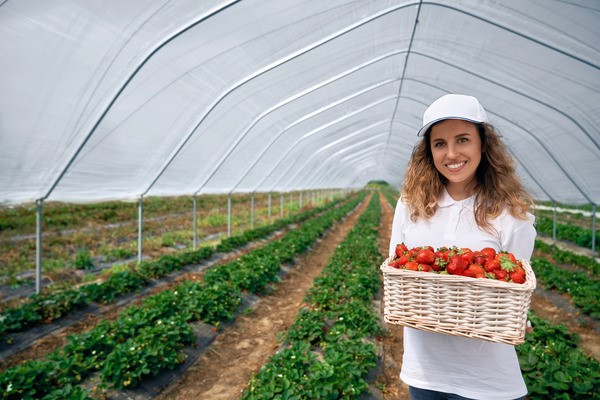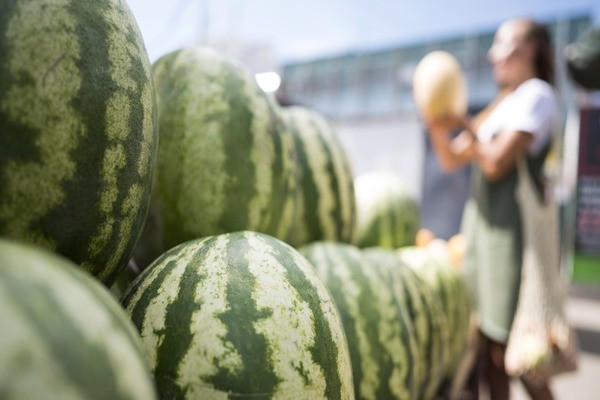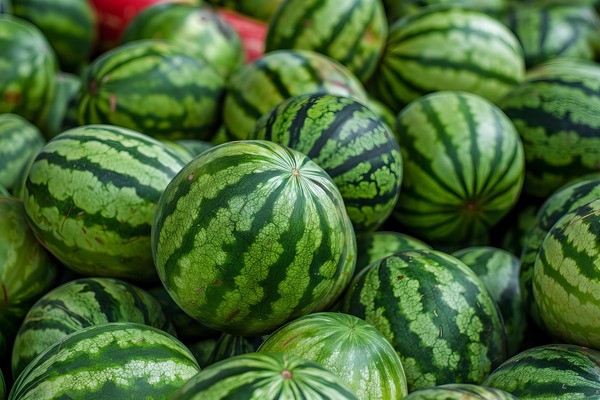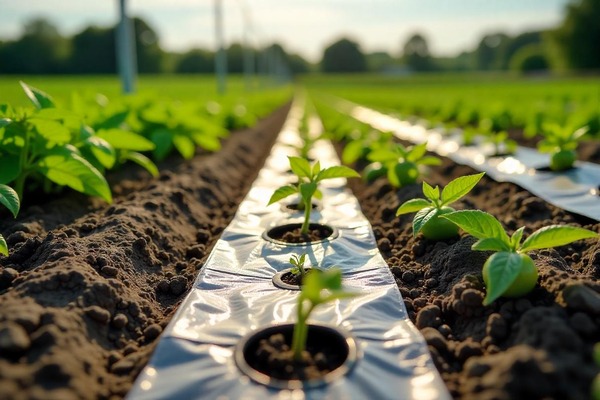
Organic farming has taken the world by storm, as people demand healthier food with less use of chemicals and other harmful agents in agriculture. Being among the answers to eliminate the use of chemicals and other harmful agents, shade net agriculture has been presented as an important tool in the organic farming kit. As seen in natural protection and climate control, the shade nets enable farmers to produce crops free of toxic chemicals or pesticides.
In this blog, we are going to see how the application of shade net agriculture is utilized in organic farming. And how it catalyses the aims of sustainability and eco-friendly cultivation.
What Is Shade Net Agriculture?
In shaded net agriculture, high-density polyethene or high-density polyethylene-based netting structures are used to create controlled environments for crops. The filters in these nets can allow filtered sunlight, regulate temperature, reduce water loss. This also helps crop protection from insects, pests, and adverse weather conditions. Farmers can customize different crops to meet their specific needs by utilizing various percentages of shading. This makes them very versatile for organic farming practices.
Reducing The Need For Chemical Pesticides
One of the most significant benefits of shade netting in organic agriculture is that it can significantly reduce the reliance on chemical pesticides. Shade nets bar insects and pests causing damage to crops by physical means and, thereby, reduce the infestation risk that would otherwise require chemicals to be applied. To an organic farmer restricted under policies from using synthetic pesticides, this is much protection. As such, organic farmers exploit natural predators and companion planting to complement the ecological system of organic farming.
Enhancing Crop Growth Naturally
Organic farming, for example, entails proper care of healthful nutritional and biologically diverse soil. There should be conditions that produce more with less artificial fertilization. The use of shade nets, for example, allows the crops to experience the perfect conditions without the overuse of artificial fertilizers. Shade nets control temperature and even regulate the sunlight reaching crops to allow them to grow in a consistent state. Crop growth under shade nets is a common practice leading to water retention in the plants. As there is a lower requirement for heavy irrigation, organic farmers highly conserve water.
Shade nets also protect delicate crops such as leafy greens, herbs, and fruits from harmful high temperatures-meaning better-quality produce, higher yields, and greater resilience in plants, which are the cornerstones of organic farming.
Water Usage
One of the main concerns for the organic farmer in terms of water conservation applies in areas that suffer drought or inadequacy in water supply. Shade nets reduce water loss as they decrease the evaporation rate and make the soil retain moisture for longer periods. This is specifically helpful for organic farming, where water management remains sustainable. Reduced irrigation usage saves water, but also prevents soil erosion over time, to remain fertile and productive.
Soil Health
Organic farming always focuses on healthy soil for good crops. Shade net ensures this by saving the soil from hot temperatures and preventing it from drying out too quickly. Excessive sunlight makes the soil lose its moisture and nutrients; shade nets shield the soil and retain the earth's richness and fertility.
In addition, because they protect the soil from extreme changes in temperature within the area of farming, shade nets also create an ideal environment for those microorganisms, which play a significant role in ensuring the health of the soil, to flourish. These microbes enhance the decomposition of organic matter; therefore, they contribute to increasing nutrient levels in the soil and improving crop yields naturally.
Promoting Biodiversity
Another very important aspect of organic farming is encouraging biodiversity above and below the ground. Shade net agriculture favours this in that it offers a stable environment where diverse systems of plants, insects, and microorganisms can thrive. This enhanced biodiversity helps in the natural pollination process and strengthens the ecosystem, making it more resistant to environmental stressors.
With companion planting being one of the major pest-repellent and plant health-promoting methods in organic farming. It allows farmers to explore numerous crops at the same growing location and, thus, nurtures the condition of various plants that support natural pest control and soil enrichment.
Environmental Sustainability
In terms of environmental sustainability, shade net agriculture plays a very important role in organic farming. These provide perfect harmonization with the goals of reducing the carbon footprint of agriculture through decreased demand for synthetic inputs, water conservation, and soil health enhancement. More shade net material is durably and reusably used for multiple growing seasons, thereby eliminating much waste and promoting long-term sustainability.
Shade net-using farmers may reduce their dependence on external resources like fertilizers, pesticides, and excess water. This indirectly lowers the cost of production. It also makes organic farming accessible to small-scale farmers with a vision for sustainable, eco-friendly solutions.
Shade net agriculture is a game-changer in organic farming, acting as a natural protector. It conserves water while accelerating crop development without chemicals. Here, shade nets play an important role in forming an ecosystem that is directed towards sustainability along with high productivity in organic farming by maintaining soil health and promoting biodiversity as well as preventing the consumption of more water. With more farmers adopting organic farming, shade net agriculture will continue to be a mainstream of organic and eco-friendly agriculture. Contact us to know more.
Read More: Economic Benefits Of Using Shade Nets In Nurseries







